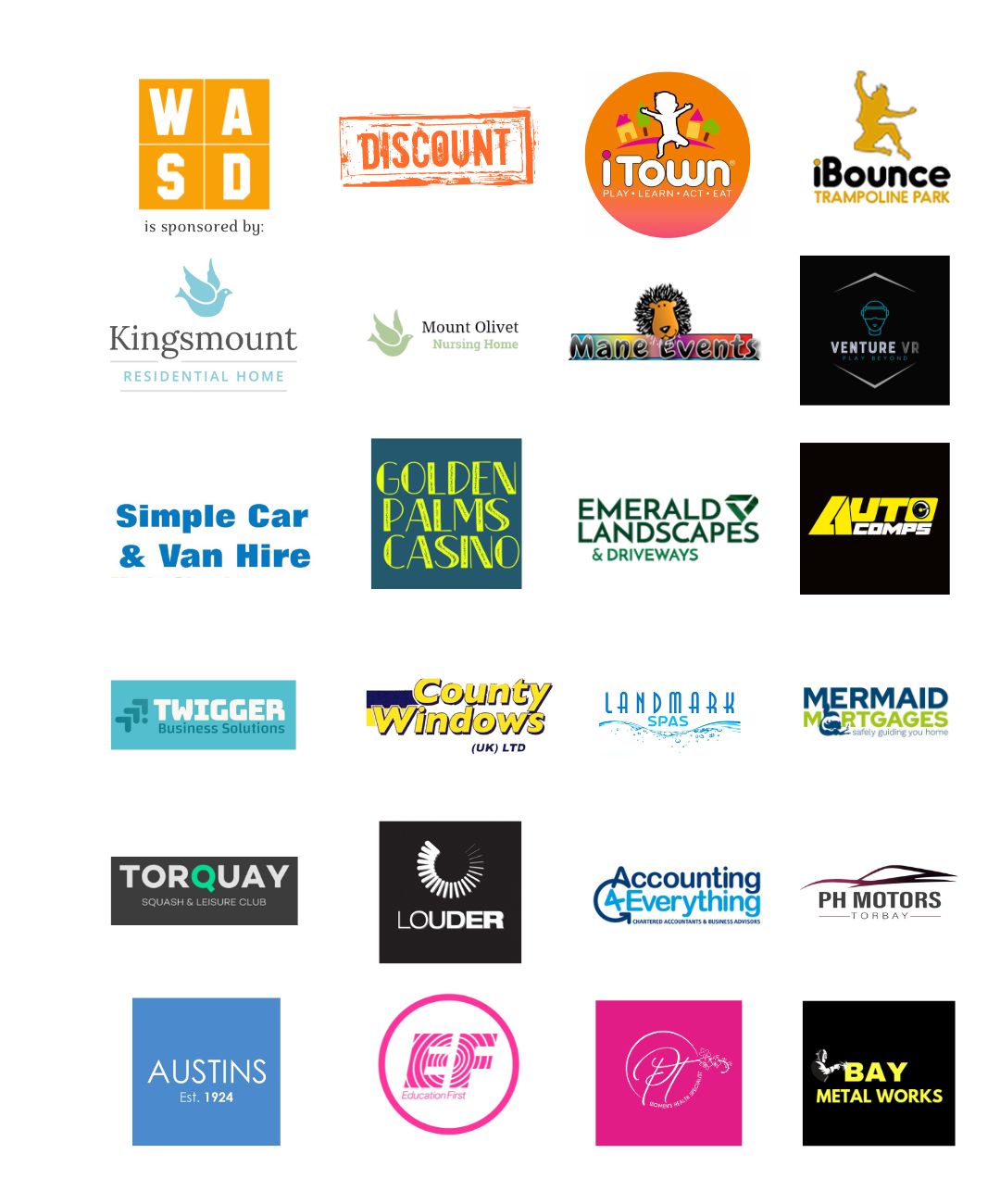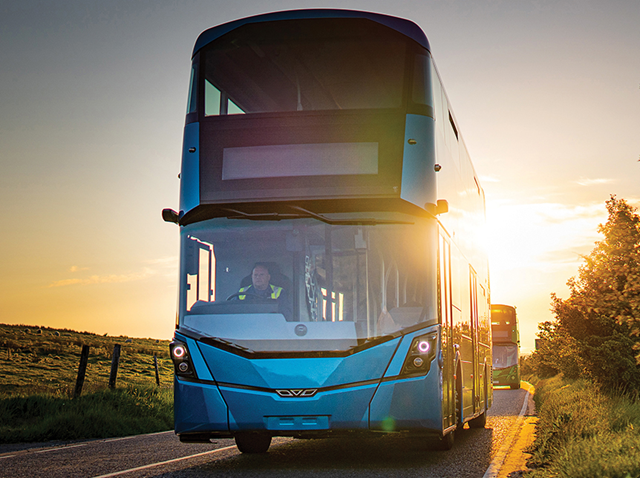Residents across the South West will enjoy cleaner, more reliable and more comfortable bus journeys as the Government delivers more than £43 million to roll out new state-of-the-art electric buses in the region.
Today (Friday 22 March), Transport Secretary Mark Harper has confirmed that 352 zero-emission buses will hit the road in the South West as nine local councils receive £43.4 million to decarbonise their bus fleet.
The new investment is the first time the Department is directly funding new electric buses in the region. From Cornwall to Wiltshire, from Gloucestershire to Torbay, the new investment will help make local buses across the South West more modern, cleaner and more reliable, improving the local journeys that so many people rely on.
The funding is part of the £143 million investment from the second round of the Zero Emission Bus Regional Areas (ZEBRA)programme, which will see new electric buses across towns, villages and cities across England, many of which will get zero-emission buses for the first time.
Thanks to the ZEBRA scheme, no other European country registered as many electric buses in 2023 as the UK, with zero-emission buses accounting for almost half of all new large buses introduced last year, according to the Society of Motor Manufacturers and Traders (SMMT).
Today’s funding comes on top of over £177 million to improve bus services in the South West from the Department’s Bus Service Improvement Plan.
The funding is in addition to more than £3.5 billion the Government has been investing since 2020 to protect and improve bus services in England while extending the £2 bus fare all the way to 31 December 2024, made possible by reallocated HS2 funding.
Transport Secretary Mark Harper said:
“As part of our plan to improve local transport across the South West, we’re providing over £43 million to roll out 352 brand new zero-emission buses across the region.
“This latest investment into our bus fleet comes on top of the £3.5 billion we have invested into our bus network since 2020, protecting and improving bus routes into 2025 as well as extending the £2 bus fare cap until the end of 2024, made possible by reallocated HS2 funding.”
To make sure more parts of the country benefit from better buses and green technology, particularly rural areas where the journey towards decarbonising buses is in its early stages, the Government has prioritised the first £40 million for rural communities.
These state-of-the-art buses will also improve the passenger experience, providing users with considerably quieter and more comfortable journeys. The new zero-emission buses will also drive on smoother roads thanks to £8.3 billion to resurface over 5,000 miles of roads in England over the next decade, the biggest ever funding uplift to improve local roads, all thanks to reallocated HS2 funding.
Janette Bell, Managing Director for First Bus, said:
“Today marks a significant milestone as we invest further in our journey towards a zero-emission bus fleet across our UK operations. We’re delighted that customers will benefit from Government co-funding of these transformative projects. We’ve worked tirelessly alongside our Local Authority partners to get to this point and cannot wait to get these vehicles out into service for our customers.
“It is an exciting time for our colleagues at all of these sites as we start to transform and futureproof the depots. This is also great news for our customers, who will see the immediate benefits of these state-of-the-art vehicles – including improved air quality and enhanced customer experience.
“As leaders in sustainable mobility, we’ll continue to work closely with central and local Government across the UK to support the delivery of our national decarbonisation commitments in our relentless pursuit to create a nation who loves and uses the bus.”
The new zero-emission buses will not only be cleaner, helping improve local air quality both for bus users and the local communities, but they will also be more modern and replace older diesel buses.
They will also meet Enhanced Accessibility Standards, and will come with the latest passenger experience features such as wi-fi and USB charging sockets.
Stagecoach Chief Operating Officer, Sam Greer, said:
“We welcome this allocation of funding to local authorities for investment in new zero-emission buses. This support gives renewed confidence to the whole supply chain and will unlock significant private sector investment into new, clean vehicles.
“This is a positive step forward in helping to reduce carbon emissions and deliver cleaner air, building on the funding already made available to support bus services in England through the £2 fare cap. We look forward to working with our local authority partners to deliver our shared ambitions for thriving bus services that support local communities.”
Cllr Philip Robinson, cabinet member with responsibility for buses at Gloucestershire County Council, said:
“I’m delighted the Department for Transport has recognised the strength of our bid with this funding award for up to 58 zero emission buses in the county. It’s exciting news that we will be introducing these buses to the network. It will encourage more people to use buses in a sustainable way that will help us meet our carbon emission targets.”
Councillor Richard Wilkins, Somerset Council’s Lead Member for Transport and Digital said:
“This is incredibly exciting news for Somerset and a major part of our drive towards a cleaner, greener county and we are really grateful to First Bus South for their major investment in Somerset’s future.

You can join us on our social media pages, follow us on Facebook, X (formerly known as Twitter) and Threads where you can keep up to date with whats going on in South Devon.
Got a news story, blog or press release that you’d like to share or want to advertise with us? Get in touch via email admin@wearesouthdevon.com








